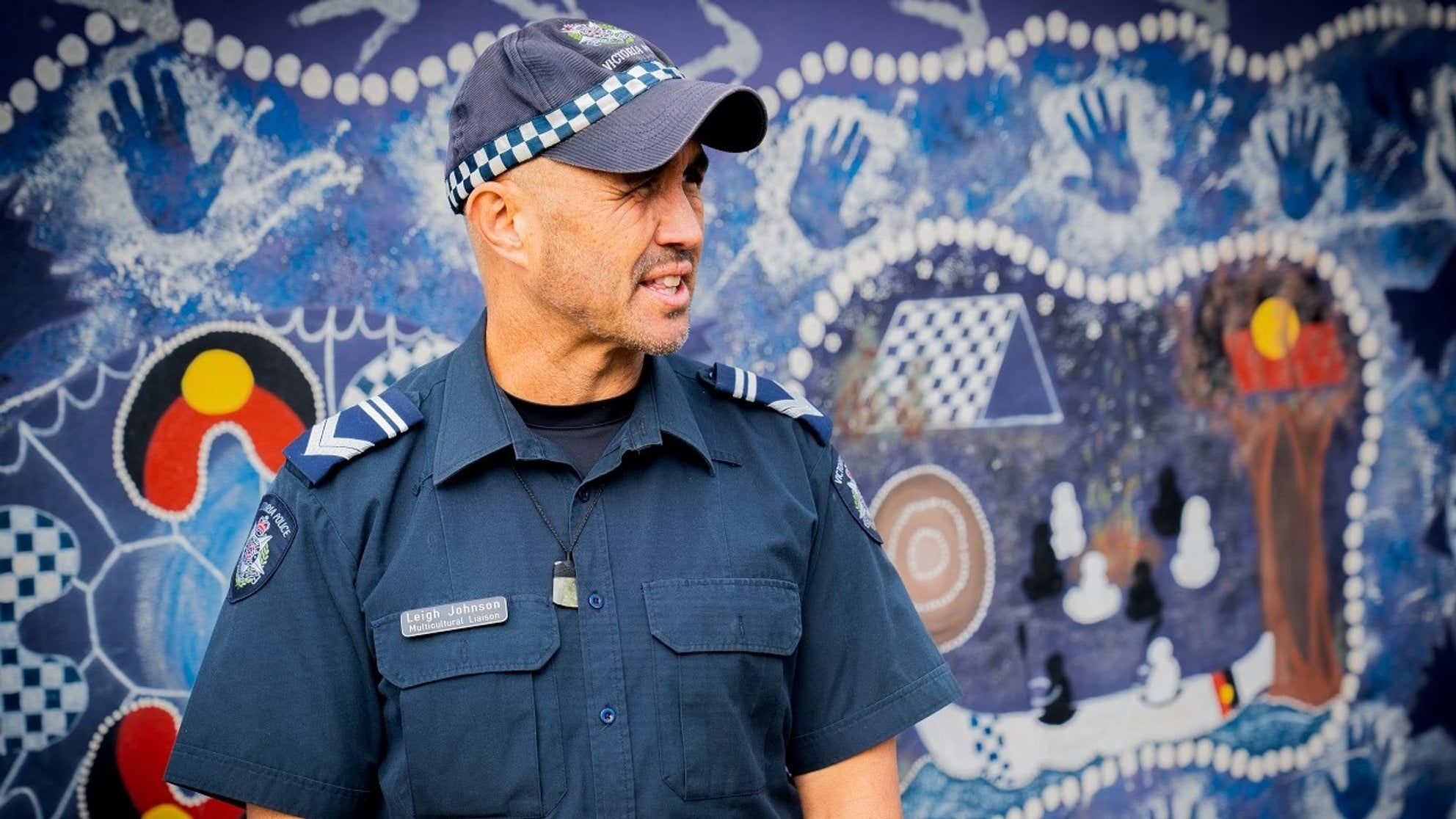Being a Victoria Police employee often means experiencing the world from a threat-based perspective, interpreting events quickly, and perceiving unknowns as potentially lethal until proven otherwise. This is necessary in an operational environment. However, the feeling of being under constant threat on the job can lead to the ‘anxiety switch’ becoming stuck in the on-position, difficult to be turned off in life outside work.
Anxiety is the most common mental health condition experienced in Australia, impacting 1 in 4 people at some stage in their life.
What is anxiety?
Anxiety can be described as persistent worry that something unpleasant or life-threatening is going to happen.
Some anxiety in our lives from time to time is normal and in certain situations, anxiety can help our performance in a stressful task. Anxiety also has a protective value in alerting us to a potential threat and preparing us to respond appropriately. It does this by mobilising our body to fight, flight (run away) or freeze in the face of danger.
Noticing symptoms of anxiety
Anxiety can become problematic when it is a frequent and dominant feature in your life and affects your daily life. There are several different types of anxiety, such as:
- Panic attacks – short, very intense bursts of anxiety with physiological symptoms
- Social anxiety – a fear of embarrassment or performance related anxiety
- Generalised anxiety – excessive worry about multiple everyday events that is persistent and uncontrollable
Anxiety can be unpleasant and sometimes frightening. You may feel that you are 'going mad' or will have a heart attack. Other symptoms you may notice:
What can I do?
Treatment options
There are many evidence-based treatment options that can help you to manage and overcome anxiety. For example, Cognitive-Behavioural Therapy (CBT) teaches you skills to challenge anxious thoughts and calm your body down.
Your GP can be a good starting point to talk through what you are experiencing, and to rule out physical causes of symptoms. Your GP can assist with a referral to an appropriate health professional.
Current and veteran Victoria Police employees and their immediate family members can also access free, confidential counselling through the Employee Assistance Program (EAP) and The Police Association Victoria.
- Acacia Connection Employee Assistance Program (EAP)
Call: 1300 364 273 - The Police Association Victoria
Call: (03) 9468 2600
Updated


